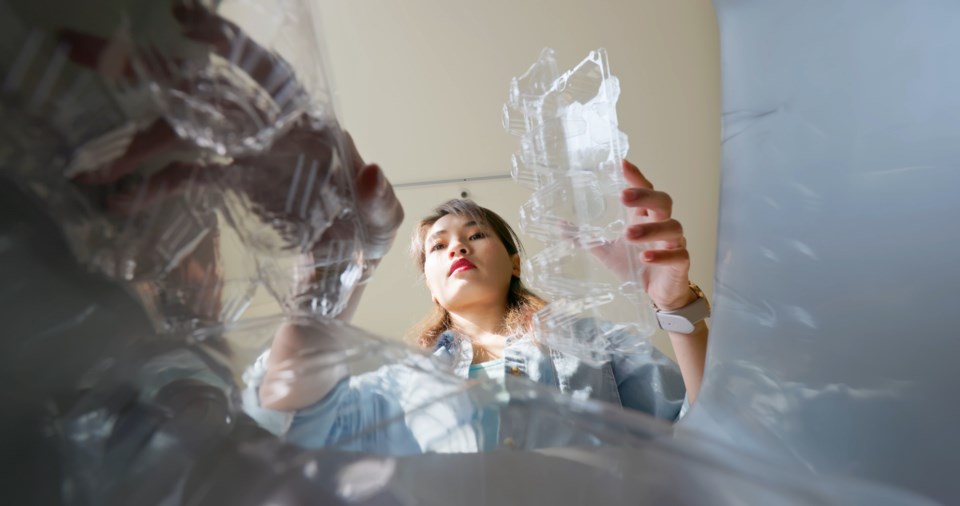Recycling in Ontario is changing, and some manufacturers will soon be more directly responsible for collecting and recycling the materials used in consumer products and packaging after users discard them.
On April 11, Excellence in Manufacturing Consortium (EMC) hosted a virtual talk by Sydney Baker, Senior Compliance Officer and Blue Box Coordinator at the Resource Productivity and Recovery Authority (RPRA), to help manufacturers understand this new obligation.
Ms. Baker explained that if you are a Canadian manufacturer whose products are supplied to consumers in Ontario, you will need to understand how the new regulations apply to you and what your obligations are.
What’s changing?
Ontario’s new Blue Box Regulation, which comes into effect on July 1, 2023, is part of the 2016 Resource Recovery and Circular Economy Act.
The Blue Box Regulation makes producers fully accountable and financially responsible for their products and packaging once they reach their end of life and are disposed of.
What products and packaging are affected?
RPRA describes them as follows:
- Product packaging
Primary packaging for the containment, protection, handling, delivery, and presentation of a product at the point of sale, including all packaging components, but not convenience packaging or transport packaging (like film and cardboard used to package a 24-pack of water bottles and the label on the water bottle).
Transportation packaging provided in addition to primary packaging used in handling or transportation such as a pallet, bale wrap or box, but not a shipping container designed for transporting things by road, ship, rail, or air.
Convenience packaging used to facilitate end users’ handling or transportation of products. It also includes packaging that is supplied at the point of sale by food-service or other service providers, such as takeout bags and boxes.
Service accessories supplied with a food or beverage product that are disposed of after a single use, whether or not they could be reused (straws, cutlery, plates, etc.).
“Ancillary elements” directly attached to packaging to be consumed or disposed of with the primary packaging, like a mascara brush or the pouring spout on a juice carton.
- Paper products
These include printed and unprinted paper, like a newspaper, magazine, greeting cards, calendars, notebooks and daily planners, promotional material, directory, catalogue, or paper for general use. (But not books.)
- Packaging-like products
These are products ordinarily used for the containment, protection, handling, delivery, presentation, or transportation of products, and which are disposed of after a single use, like aluminum foil, a metal trays, plastic film, plastic wrap, wrapping paper, paper bags, beverage cups, plastic bags, cardboard boxes ,or envelope. It does not include products made from flexible plastic for the containment, protection, or handling of food, such as cling wrap, sandwich bags, or freezer bags.
Your obligations as a producer
You are considered a producer under the Blue Box Regulation if you supply Blue Box material to consumers in Ontario.
Under the Blue Box Regulation, producers of Blue Box materials are required to:
- Register with RPRA
- Provide Blue Box collection through a Producer Responsibility Organization (PRO)
- Establish and operate a system for managing Blue Box material
- Implement a Blue Box promotion and education program
- Annually report their supply data to RPRA
What’s a Producer Responsibility Organization?
A producer responsibility organization, or PRO, is a business established to contract with producers to provide collection, management, and administrative services to help producers meet their regulatory obligations under the Blue Box Regulation, including:
- Arranging, establishing, or operating a collection or management system
- Arranging, establishing, or operating promotion and education system
- Preparing and submitting reports
- Representing a producer for any purpose under the regulation
There’s a lot more to learn about the “New Blue” recycling regulations.
To learn more, visit the RPRA website, or contact Leah Nacua, MCM & Food, Beverage, Bio & Ag Initiative Lead.

